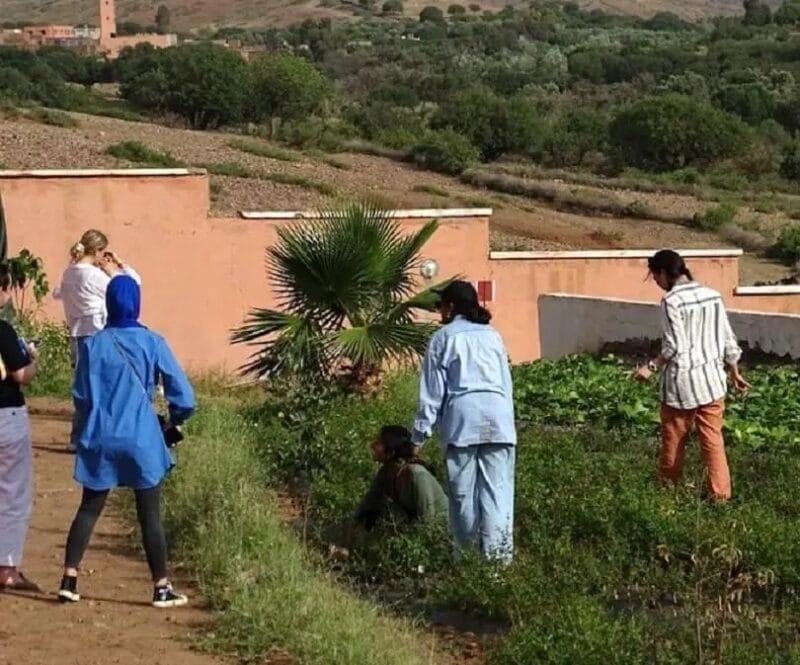The **Crédit Agricole Group of Morocco (GCAM)** is a key player in agricultural financing, covering **85% of the credits allocated to the sector** and representing **50% of its overall portfolio**. Despite six consecutive years of drought, the bank has strengthened its support for farmers by adapting its financing and encouraging the **green transition**.
In an interview with **Finances News Hebdo**, **Mustapha Chehhar**, Deputy General Manager in charge of GCAM’s public service mission, details the solutions implemented for the **2024-2025** campaign. GCAM offers several types of financing:
– **Investment credits** for hydro-agricultural development, plantations, and equipment.
– **Campaign credits** covering annual operations such as sowing and irrigation.
– **Credits for processing units** intended for the transformation of agricultural products.
In a logic of **sustainable development**, GCAM has partnered with the **French Development Agency (AFD)** to launch **Istidama**, a program encouraging the green transition of agricultural operations. This initiative includes a **10% bonus on the amount of the credit** to promote sustainable management of natural resources.
In response to climate challenges, the bank has established a specific mechanism to support farmers:
– **Financing for spring crops** to compensate for income losses.
– **Support for water-saving techniques**.
– **Assistance for exporters** of fruits and vegetables.
– **Financing lines for the importation** of strategic agricultural products.
– **Facilitation of payments** for farmers in difficulty.
“We recognize the crucial role of farmers in the food security of our country and we will continue to support them during these difficult times,” emphasizes **Mustapha Chehhar**.
**Rural microcredit** is also a major area of intervention for GCAM through its subsidiary **Ardi**, which **supports 50,000 beneficiaries**, including **40% women**, via a network of **162 agencies**. The offer includes products such as **Ardi Microfilaha**, **Ardi Sakani**, and **Ardi Chabab**, promoting **rural entrepreneurship** and **financial inclusion**.
As part of the **Green Generation** strategy, GCAM supports **agricultural succession**, offering dedicated programs for youth, combining financing, grants, and technical advice, in partnership with the **Ministry of Agriculture**.
Although specialized in the agricultural sector, GCAM also finances **industry, tourism, and real estate**. It adopts a value chain-based approach, co-constructing its offers with professional federations. Recently, agreements have been signed with the **Moroccan Association for the Automotive Industry and Construction (Amica)** and the **Association of the Ain Sebaâ-Hay El Mohammadi Industrial Zone (Azian)**.
Through these initiatives, **Crédit Agricole du Maroc** confirms its role as a **strategic partner of the rural world** and a **pillar of financing for agriculture and the national economy**.


